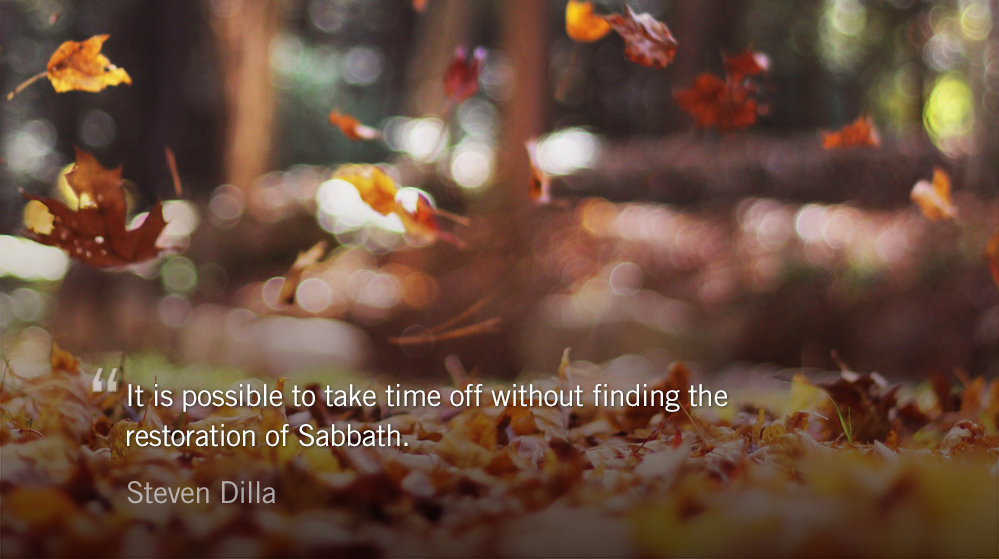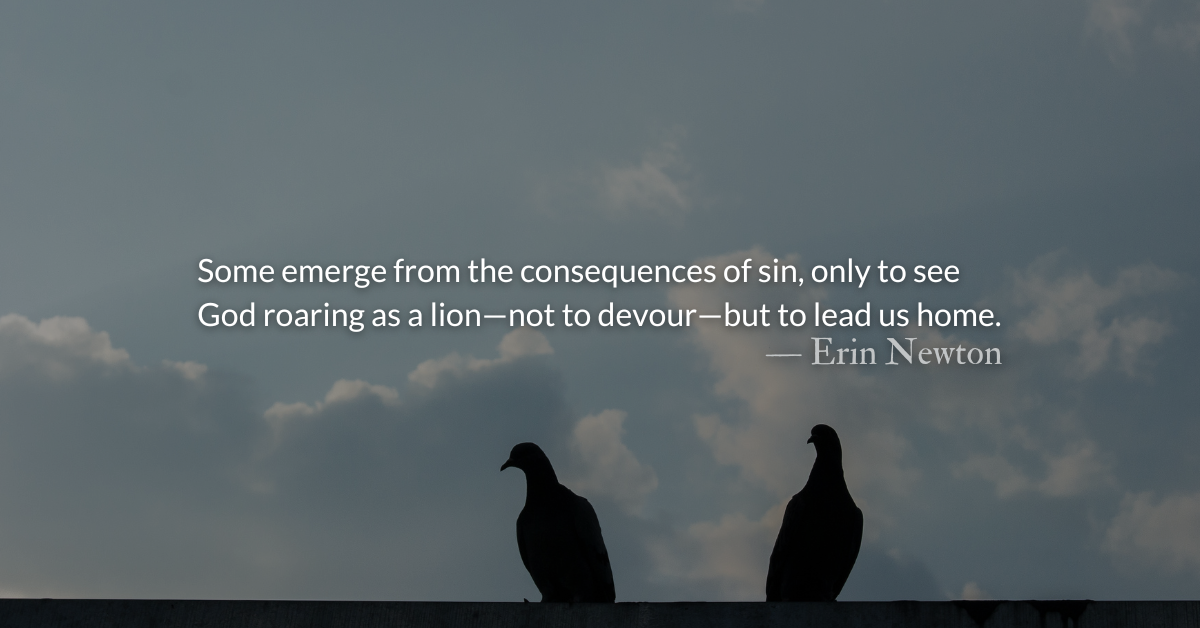“My mood would darken until, by Saturday afternoon, I’d be unresponsive and morose,” writes Judith Shulevitz, in her piece for the New York Times Magazine. Shulevitz, who left Judaism at a young age, explores the personal, societal, and structural difficulties of reclaiming sabbath.
My normal routine, which involved brunch with friends and swapping tales of misadventure in the relentless quest for romance and professional success, made me feel impossibly restless. I started spending Saturdays by myself. After a while I got lonely and did something that, as a teenager profoundly put off by her religious education, I could never have imagined wanting to do. I began dropping in on a nearby synagogue.
It was only much later that I developed a theory about my condition. I was suffering from the lack [of a Sabbath]. There is ample evidence that our relationship to work is out of whack. Ours is a society that pegs status to overachievement; we can’t help admiring workaholics. Let me argue, instead, on behalf of an institution that has kept workaholism in reasonable check for thousands of years.
Most people mistakenly believe that all you have to do to stop working is not work. The inventors of the Sabbath understood that it was a much more complicated undertaking. You cannot downshift casually and easily. This is why the Puritan and Jewish Sabbaths were so exactingly intentional. The rules did not exist to torture the faithful. They were meant to communicate the insight that interrupting the ceaseless round of striving requires a surprisingly strenuous act of will, one that has to be bolstered by habit as well as by social sanction.
The benefits from time off have not escaped secularism: creating regular moments of rest is a thriving topic of modern fascination. Even Alain de Botton, the author of Religion for Atheists, has called for a sabbatarian approach to media. But it is possible to take time off without finding the restoration of Sabbath. In a white paper for leaders at Redeemer Presbyterian Timothy Keller draws the distinction:
Sabbath is about more than external rest of the body; it is about inner rest of the soul. We need rest from the anxiety and strain of our overwork, which is really an attempt to justify ourselves — to gain the money or the status or the reputation we think we have to have. Avoiding overwork requires deep rest in Christ’s finished work for your salvation. Only then will you be able to “walk away” regularly from your vocational work and rest.
In sabbath we are restored through communion with the divine as we engage in rest, nature, friendship, and devotional practice. We become recipients of mercy and grace, finding healing from the wounds of our callous world. We discover joy and strength as we give ourselves to resting in God. For it is in Christ we find our hope, which transcends circumstance, to make strong our weary souls.
Today’s Reading
1 Samuel 13 (Listen – 3:54)
Romans 11 (Listen – 5:23)
This Weekend’s Readings
Saturday: 1 Samuel 14 (Listen – 9:01); Romans 12 (Listen – 2:58)
Sunday: 1 Samuel 15 (Listen – 5:46); Romans 13 (Listen – 2:35)
Weekend Reading List
- Bring Back the Sabbath by Judith Shulevitz, for The New York Times Magazine. March 2, 2003.
- Leisure, the Basis of Culture: An Obscure German Philosopher’s Timely 1948 Manifesto for Reclaiming Our Human Dignity in a Culture of Workaholism by Maria Popova on Brain Pickings.
- Wisdom and Sabbath Rest by Timothy Keller. Redeemer Presbyterian Church, 2011.
- The Art of Stillness (TED Talk – 15:37). Pico Iyer.






